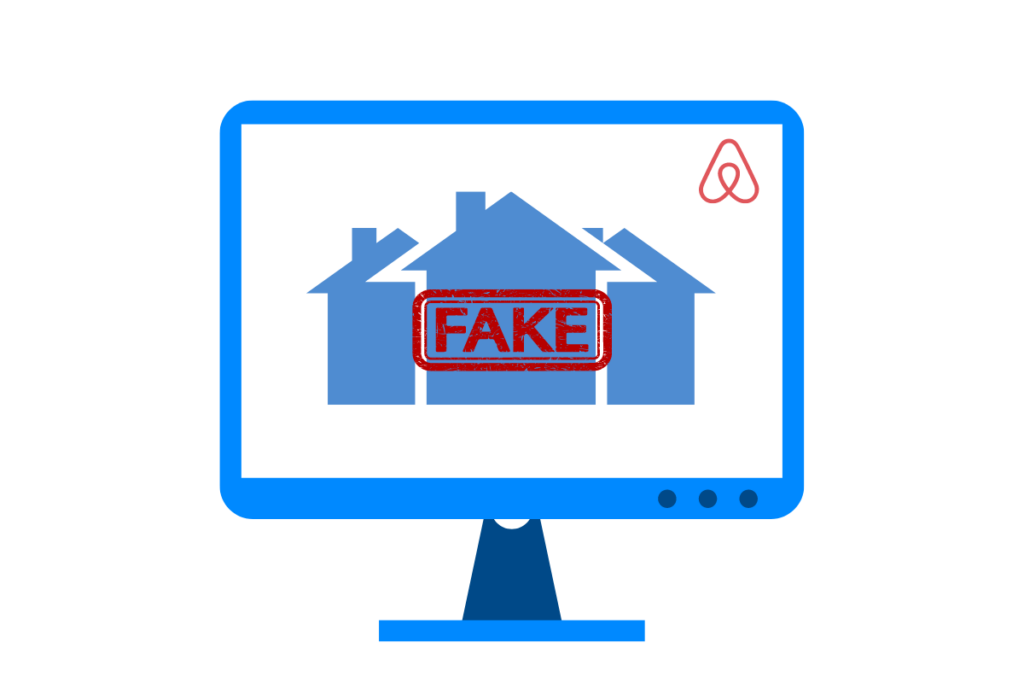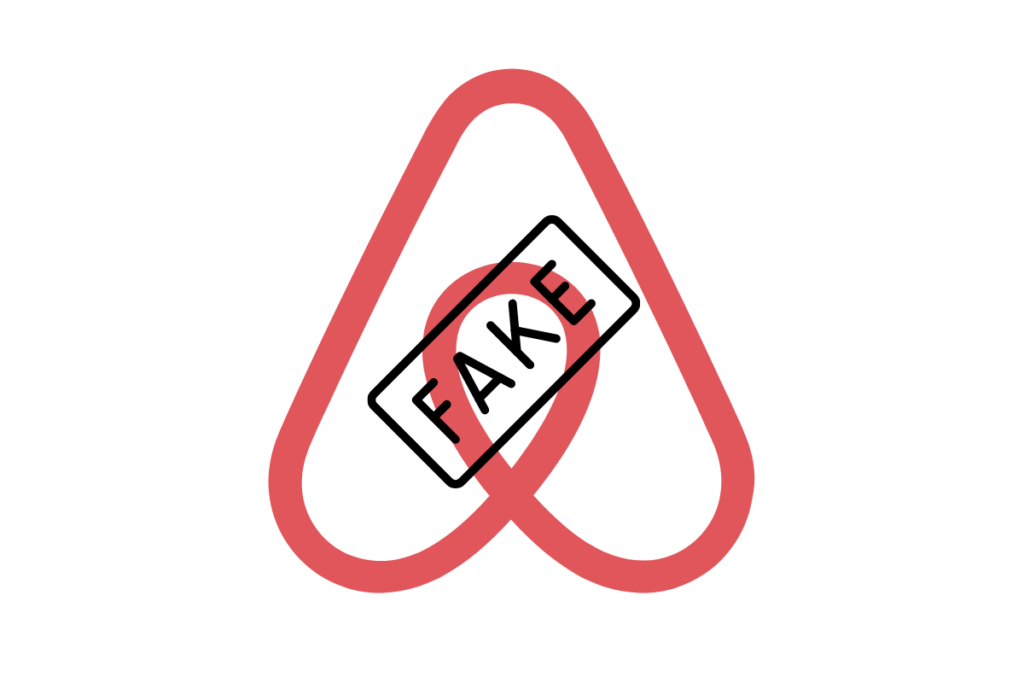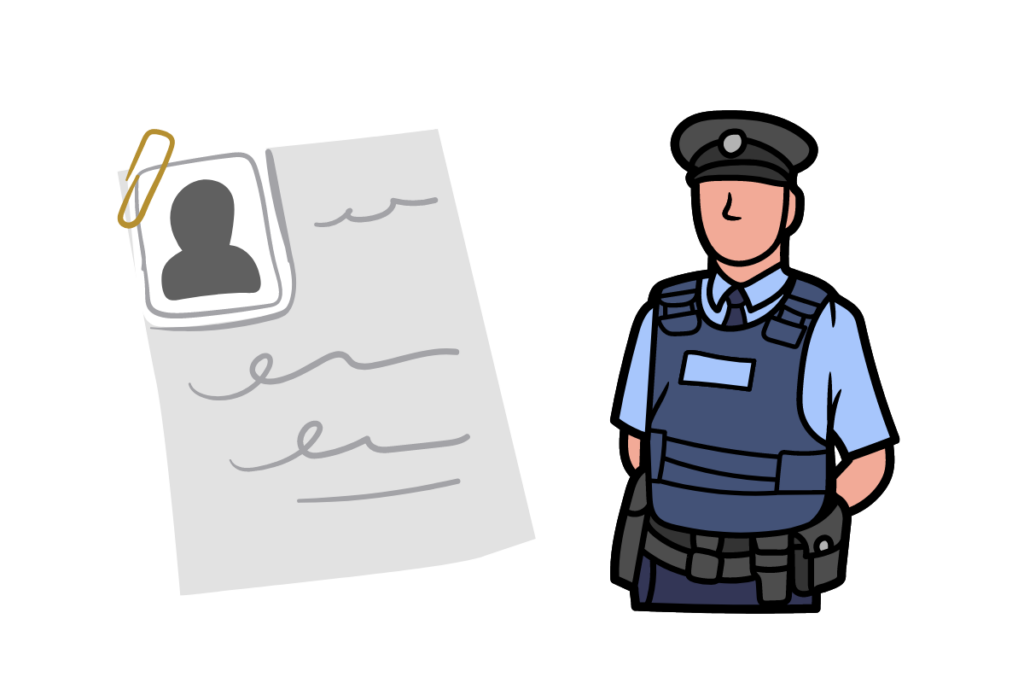In 2021, Amy Gibbons and her two friends were relieved to find a suitable property in Galway within budget. They messaged the advertiser on a local property website and were encouraged to hear that the property was still available.
Unfortunately, their delight was short lived it was just 48 hours later when they realised that they had fallen victim to an elaborate scam – €2,500 transferred to secure a property which wasn’t actually for let.

So what exactly happened…
The initial enquiry on a reputable property website progressed to a fast-paced whatsapp conversation. They were asked for details of where they worked, proof of earnings and ID – all things which are commonly asked of prospective tenants.
The landlord identifying himself as “Lauren O’Sullivan” explained that while he owned the house in Galway, he could not show it to them in person because he was abroad and could not travel to Ireland as a result of Covid-19 restrictions.
“He said that to make the transaction more secure for them and us, we could carry out the transaction on Airbnb”. Amy was familiar and comfortable with this approach as she had done long term rentals on Airbnb before – she thought it was fine and why wouldn’t she considering Airbnb is such a reputable platform with various protections and safeguards in place.

Here’s where it gets interesting. Amy stated that “The landlord sent a link through WhatsApp and gave us 24 hours to pay the deposit. They kept saying ‘you need to do it now’ but we didn’t think much of him pressing for time, properties are hard to get, so that was fine.” Sounds like quite a lot of subtle or not so subtle pressure.
Amy, naturally keen on securing the property, followed the link and reserved the property as instructed. She then received a booking form and details of the bank account to send the money to. She and her friends sent a total of €2,656.
Starting to get messy….
Amy noted “Then we got a message saying Airbnb had changed the Iban by mistake and we would need to send the money again. I said no as it was getting too messy. I said we would not resend the money until the original money was refunded. That is when the alarm bells started ringing.”
Not done yet, the scammer sent her a link to a bogus site which had been dressed up to look like Airbnb. “We were trying not to believe we had been scammed but the person on the chat was saying exactly the same thing as the landlord and their English wasn’t great,” she continues.

After discovering the scam, they made contact with Airbnb who confirmed that it was a fake site and advised that they contact the bank right away. The bank advised in turn to contact the local police.
Amy decided to visit the house in question out of curiosity. A lady answered the door, she had lived there for 2 years and had no idea what the girls were talking about.
Amy also Googled the name and number used by the scam artist which revealed that her friends were not the only people duped by the scam.

Frustrating in our opinion, that this scammer’s details had been revealed online yet they could continue to operate. Another sorry tale of a rental scam, that perhaps, with some coordination and supports in place, could have been avoided.
Lessons learned and prevention tips
Were there red flags and how could one avoid a similar rent scam in the future?

Lessons Learned
- Don’t jump between platforms: Notice how Amy started on one classified advert site, then communicated via whatsapp and was finally directed to a fake Airbnb account? Whatsapp is like the wild west as it’s encrypted so be wary if the advertiser is keen to pick up the conversation there.
- Scammers are always in a hurry: Amy handed over €2,500 within 48 hours of first contact which is simply too fast.
- Repeat payment request: This was the red flag that caught Amy’s attention but many more may have missed it. At this stage you’ve decided in your own mind that this is legitimate and you’re willing to keep going. You’re also possibly a little jaded and open to doing what you think might just get this done.
- • Bad grammar or poor English: bad grammar on it’s own isn’t an issue but if you put it in context, it could be a significant red flag. Here for example, the fraudster claimed to be a local Galway woman called Laurent O’Sullivan. You would expect a certain level of written English so always worth keeping a closer eye on things if their “English isn’t great” as Amy said herself.
Hindsight is a great thing and the red flags in this case may appear to be obvious now, however bear in mind that poor decisions can be made in haste and rent scams are a direct consequence. Always pause for thought if you are unsure about something or have a feeling that it’s not right.
Need additional support?
Are you or your organisation attempting to eradicate online rental scams in your community? If so, contact us today to learn how we can help. We offer a suite of services, tailored to our partners’ needs and designed specifically to eradicate scams and secure online platforms – see some of our services below:
- Red flag detection – Our systems detect a range of red flags listed above.
- Landlord and renter identity verification – we can verify landlord and renter identity using a blend of biometric, document & database checks.
- Secure payments – we secure payments for landlords and renters as well as holding pre let rental payments and deposits in Escrow.


